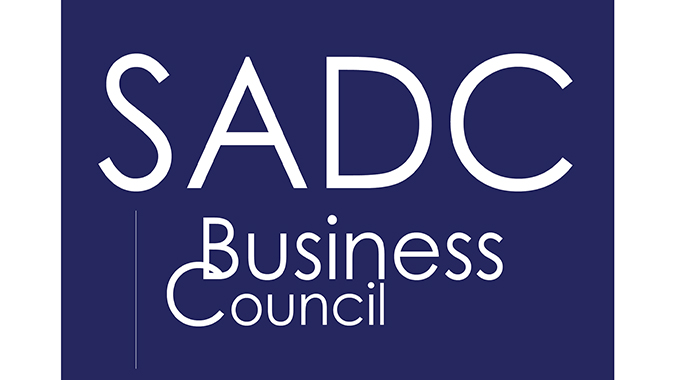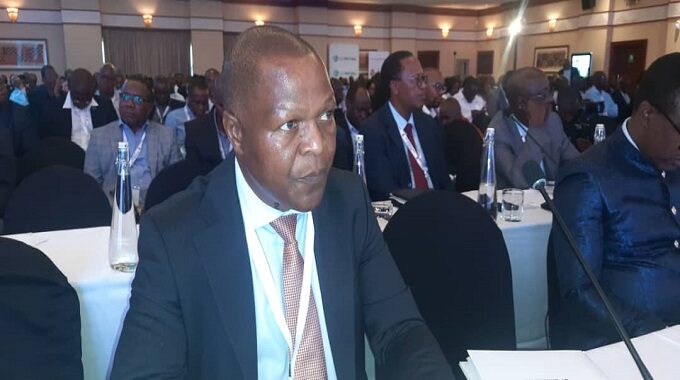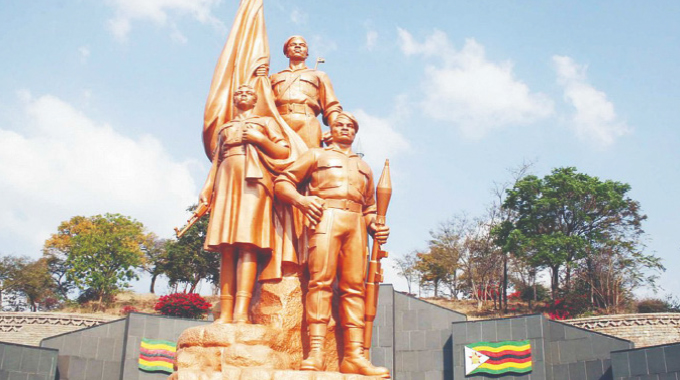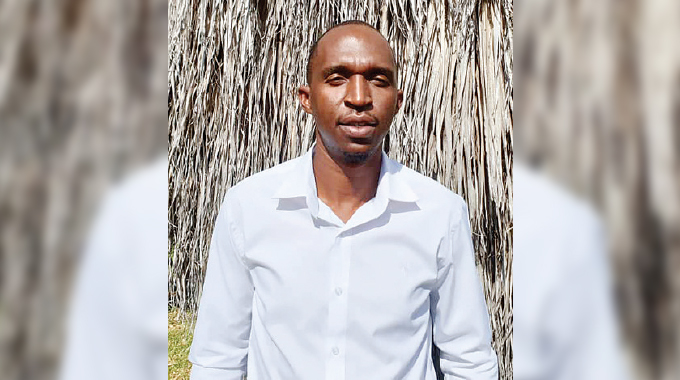SADC commended as peace, business returns to Mozambique

Kennedy Mavhumashava, Assistant Editor
FOR about 44 months since an Islamist insurgency broke out in northern Mozambique in October 2017, the national army was on the backfoot.
The rebels, who, according to some reports, want greater political autonomy and control over their region, Cabo Delgado’s mineral and natural gas riches, grabbed territory very fast while attacking civilians they believed opposed their ideas. The al-Shabaab used heinous tactics on their targets, including beheadings and burning them alive. In total, the conflict has killed more than 4 500 people.
Fearful of their lives, as many as one million civilians, according to the International Organisation for Migration, fled their homes trekking south.
The economic impact of the terrorism was immense. Businesses were forced to close and infrastructure was destroyed. The Mozambican government estimated in September 2021 that it needed US$300million to rebuild the damaged infrastructure and livelihoods.
The turning point that encouraged Mozambique to begin talking about reconstruction had come three months earlier when Rwanda and Sadc countries including South Africa and Botswana deployed in support of the government of Mozambique. Zimbabwe also has instructors working with local troops.
The joint force has been pushing back on the terrorists since then and Mozambique President, Filipe Nyusi has urged the displaced to return to their homes saying peace had been restored.

Mozambique
Indeed, the people are returning, businesses are reopening and government offices resuming work. More recently, on May 23 to be specific, French oil company, Total Energies and its partners in a US$20billion liquefied natural gas project released an action plan that could result in it returning to a site in northern Mozambique where it was building a gas factory until it evacuated workers following a rebel attack in March 2021.
Dr Gorden Moyo, director of Bulawayo-based Public Policy and Research Institute of Zimbabwe commended Sadc, and by extension, Africa for its role in bringing peace to Mozambique.
“It has tried to relieve pressure and create a semblance of peace,” he said.
He highlighted that armed conflicts on the continent, as elsewhere on the globe, are a complex mix of foreign geopolitical and “geobusiness” interests working with or manipulating local interests.
TotalEnergies and other large multinationals including ENI of Italy discovered immense natural gas deposits off the coast of Cabo Delgado. The province also has many precious minerals such as gold and rubies as well as graphite. Demand for graphite has been increasing in recent years as it is used in components that are used to harness renewable energies.
TotalEnergies commissioned an independent study a few months ago to assess the humanitarian situation in Cabo Delgado. The researcher it hired released a report, which the company publicised on Tuesday last week. The report acknowledges that peace and tranquility are returning to the area. Based on the findings, TotalEnergies could consider resuming work on its project in the near future.
“Moreover, the report notes that the security situation in the north of Cabo Delgado has evolved positively in 2022 and recommends reviewing the framework of relations between Mozambique LNG and the Mozambican Defence Forces in light of this situation. Mozambique LNG has started a dialogue with the Mozambican authorities to this end,” said the company in a statement accompanying the research.
The Sadc Mission in Mozambique (SAMIM) was deployed on July 15, 2021 following approval by the extraordinary Sadc Summit of Heads of State and Government held in Maputo, Mozambique on June 23, 2021 as a regional response to support the country to combat the terrorism and acts of violent extremism in Cabo Delgado.
SAMIM comprises troops deployment from eight personnel contributing countries from the region namely, Angola, Botswana, Democratic Republic of Congo, Lesotho, Malawi, South Africa, United Republic of Tanzania and Zambia with Zimbabwe playing a training role.
In a statement five months after the deployment, Sadc said SAMIM had registered a number of milestones, including recapturing villages, dislodging terrorists from their bases and seizing weapons and warfare material, which has contributed to create a relatively secure environment for safer passage of humanitarian support. Additionally, members of the community have developed confidence in SAMIM forces, feeling more secure and allowing internally displaced persons to return to their normal lives.
That peace has been largely sustained, said Dr Moyo
“I pray that the peace becomes sustainable,” he said.
Dr Moyo urged Sadc to be more united in its response to the Mozambican situation and others that might arise in future.
Mozambique and the Democratic Republic of Congo (DRC) are the only countries in Sadc that have had some armed conflict in recent years. Elsewhere on the continent, there is fighting in South Sudan and Sudan. The fighting between the government of Ethiopia and rebels in the Tigray region to the north has been quiet since they signed a truce in November last year. The African Union brokered the ceasefire.
Professor Eldred Masunungure, a former political science lecturer at the University of Zimbabwe said the relative peace returning to Mozambique reflects the notion of African solutions to African challenges.
He said Sadc could, however, have done better if it had intervened much earlier than July 2021.
“I also suggest that the region also strengthens its organ on politics, defence and security co-operation so that in the event of armed conflict we are ready to immediately get involved,” he said.
The intervention, he added, could have been as rapid as Zimbabwe’s in the late 1990s when rebels were threatening to overthrow the then DRC government of Laurent Kabila.

Map showing the affected region in Mozambique
“We have a vested interest in Mozambique, to help a neighbour who is in trouble,” he said.
Looking into the future, he suggested that southern African nations, with the support of the African Union must play a more leading role in consolidating the peace in Cabo Delgado.
“Sadc should ensure that the province is stable on a sustainable basis because for now it is still fragile,” said Prof Masunungure.
“To be able to consolidate the peace and stability we are seeing there, helped by the AU.”












Comments